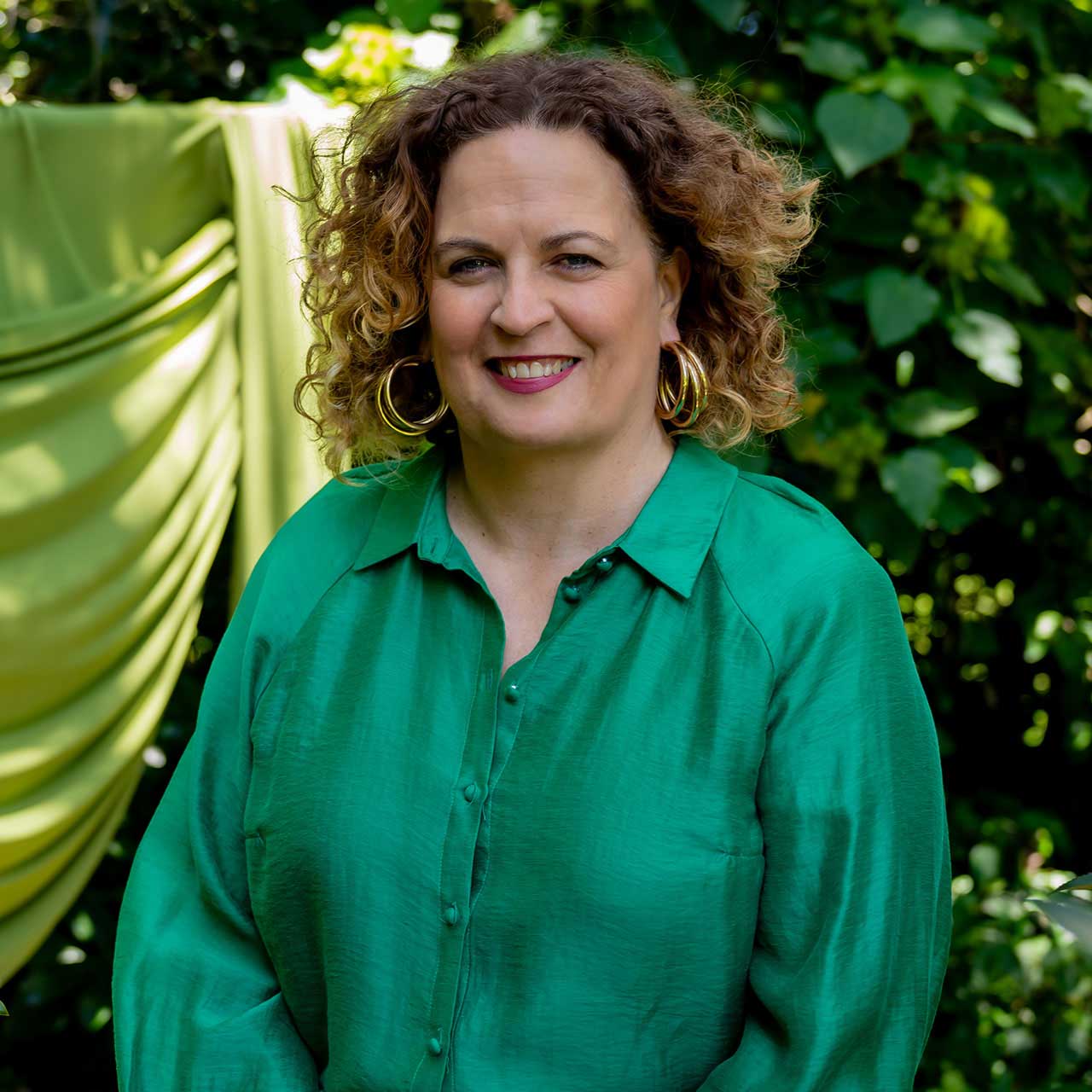Self-help books and motivational speakers are like cheerleaders standing on the sidelines shouting, 'You can do it!' They are helpful, but if the 'you can do it' philosophy always held true, we wouldn't need God. The apostle Paul wrote, 'I can do all things through Christ who strengthens me' (Philippians 4:13 NKJV). He knew that discovering the will of God needs faith for the impossible and childlike dependence on him.
The Bible is full of men and women who saw their godly destiny fulfilled by doing things that would normally be impossible to do on their own. For example: (1) Noah and his impossible project. Noah was commissioned to build a ship the size of an aircraft carrier - by hand - and on land! (2) Abraham and his impossible promise. At ninety, after years of trying unsuccessfully to be a father, God told him his children would be as numerous as the stars in the sky and the sands of the sea. (3) Mary and her impossible pregnancy. Imagine telling a fianc, 'I'm pregnant, and the baby's father is the Holy Spirit.'
God has always chosen ordinary people to do extraordinary things. Each one was called to be part of something bigger than himself or herself. And because of their willingness to surrender to God and allow his purposes to be revealed in them and fulfilled through them, he used them in amazing ways..
So what now? Ask God to do things through you that only he can do, to reveal his greatness and goodness to a world that needs him.


